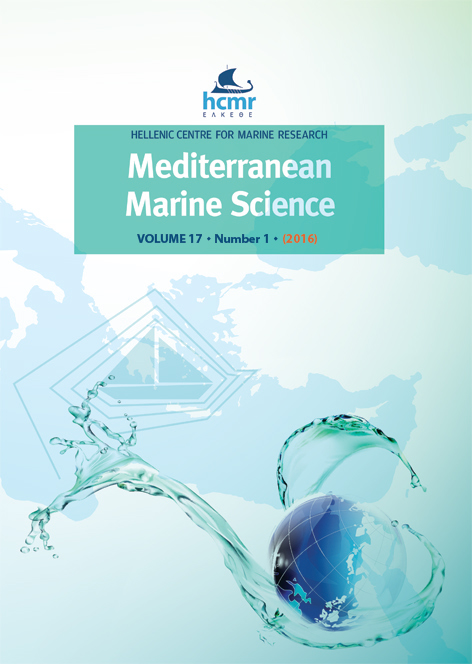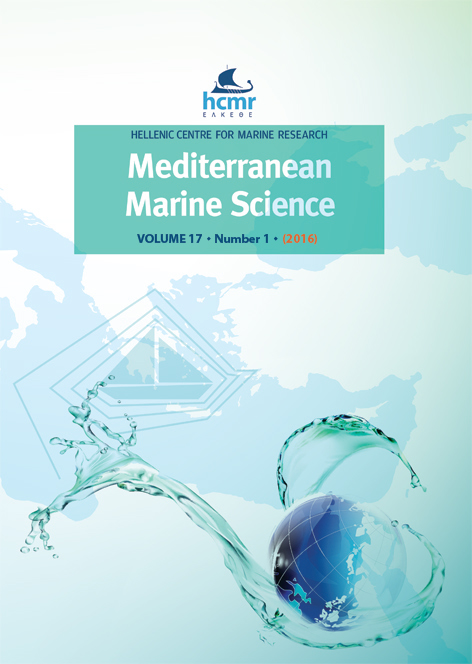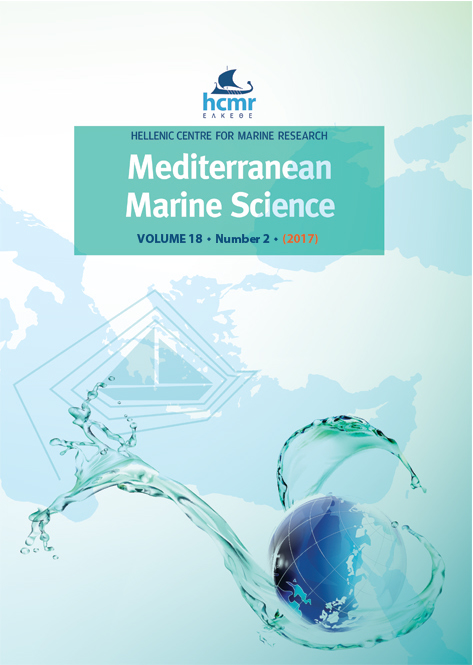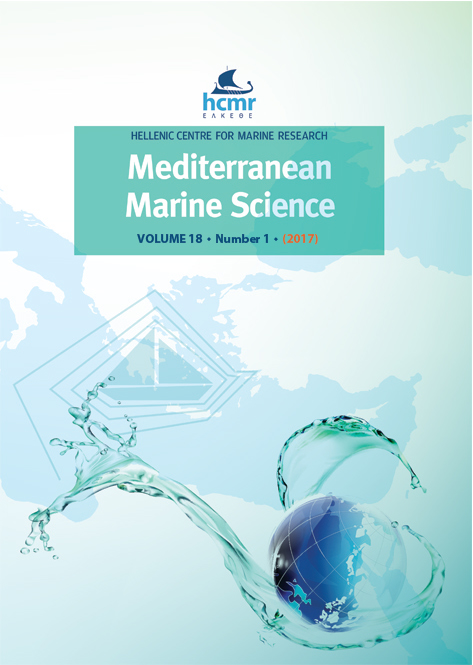Fish community in a surf zone of the northern Sicilian coast (Mediterranean Sea): diversity and functional guild composition
Résumé
Fish assemblage in a surf zone of the southern Tyrrhenian Sea was investigated for the first time. Samples were collected during four surveys by a modified beach-seine, from June 2005 to May 2006. Overall, 42 species belonging to 19 families were recorded. Among them, Sardina pilchardus showed the highest abundance values, while Mugilids (Oedalechilus labeo and Liza aurata) were the most frequently caught species. The fish community was dominated by pelagic and gregarious species using this habitat as a foraging ground and recruitment area. Juveniles and early adults made up the largest proportion of the ichthyofauna. Fishes inhabiting the surf zone were mainly strictly benthic invertebrate feeders and invertivorous/piscivorous fish; strictly planktivorous were represented by few species but strongly dominant in terms of catch per unit effort; strictly piscivorous fish were poorly represented. Fish composition varied over the study period with the greatest abundance in May and December, and the highest richness and diversity in October.
Article Details
- Comment citer
-
ESPOSITO, V., CASTRIOTA, L., BATTAGLIA, P., CONSOLI, P., ROMEO, T., SCOTTI, G., & ANDALORO, F. (2015). Fish community in a surf zone of the northern Sicilian coast (Mediterranean Sea): diversity and functional guild composition. Mediterranean Marine Science, 16(3), 502–512. https://doi.org/10.12681/mms.1139
- Numéro
- Vol. 16 No 3 (2015)
- Rubrique
- Research Article
Authors who publish with this journal agree to the following terms:
- Authors retain copyright and grant the journal right of first publication with the work simultaneously licensed under a Creative Commons Attribution Non-Commercial License that allows others to share the work with an acknowledgement of the work's authorship and initial publication in this journal.
- Authors are able to enter into separate, additional contractual arrangements for the non-exclusive distribution of the journal's published version of the work (e.g. post it to an institutional repository or publish it in a book), with an acknowledgement of its initial publication in this journal.
- Authors are permitted and encouraged to post their work online (preferably in institutional repositories or on their website) prior to and during the submission process, as it can lead to productive exchanges, as well as earlier and greater citation of published work (See The Effect of Open Access).










